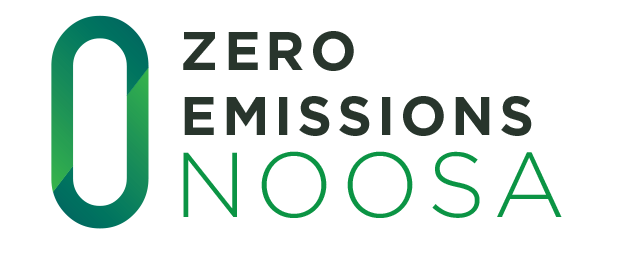TRADITIONAL FINANCE OPTIONS
Traditional loan finance is the type of financing you may be most familiar with and is provided by traditional banks and other lenders. The money is generally provided in the form of a Secured or Unsecured loan with Fixed or Variable rates of interest.
Image: Belmondos
WHAT IS IT?
A special type of loan, a ‘green loan’, is a secured or unsecured loan that can be used to finance the purchase of your solar system. A chattel mortgage is a type of secured financing arrangement where the lender provides the funds for you to purchase the solar system and takes a ‘mortgage’ over the system as security for the loan.
WHO WOULD IT SUIT?
These options will suit pretty much anyone with a good credit rating. Whether you are a business owner or a body corporate with the capacity to borrow, traditional financing options will be a good choice to finance your commercial solar power system and minimise your payback time.
WHAT ARE THE BENEFITS?
You take ownership of the solar system once it is installed and you can start saving on your power bill.
You can claim interest, depreciation, and running costs as a normal business tax deduction.
You can claim the GST paid on the purchase price in your next BAS statement and often receive a significant refund.
If the purchase is under the write-off threshold you may be able to write off the whole cost over the first year.
Typically, depending on the term of the loan, with a loan or chattel mortgage, your monthly repayments can be less than the saving you make from your solar system giving you a cash-positive outcome.
With a loan you can pay it out early without penalty which means when business is good or the payback from your solar is better than you thought, you can reduce your overall cost by paying a lesser amount of interest.
TRAPS FOR THE UNWARY
Unsecured loans are generally difficult to get and, if you do get one, they usually come with a higher interest rate. A lender may want to take security over your business or perhaps even your personal property. You may also be required to provide a personal (director’s) guarantee.
If you are looking at a business loan or green loan, make sure you check for any additional costs such as application fees or monthly account keeping fees – watch out for excessive fees and check the comparison rate which is a rate that includes built-in fees so you can get more of an idea how loans compare to each other.
Check that the discounted rate for a ‘green loan’ is a genuine discount. You should expect to get a rate that is at least .025% (25 basis points) lower than the standard equipment finance rate.
Check that you are able to make early repayments without penalty. It’s quite common for chattel mortgage agreements to have early repayment fees.
Remember that with a fixed interest rate loan or chattel mortgage, the interest rate will remain the same throughout term, whereas with a variable rate, remember that the interest rate could go up.
If you’re thinking about a chattel mortgage, make sure you tally up all of the repayments you will make during the term and compare the total to the upfront costs of the system: the difference is the cost, or interest, you are paying for the facility.
With payments under a chattel mortgage, only depreciation and interest can be claimed as a tax deduction.
Most of all, make sure you’re dealing with a reputable lender that is licensed and listed on the ASIC professional register.
Before you make any final decisions ... about which type of financing option you choose, consider how it will impact you and your business. Each is suited to different commercial circumstances.
To help you understand the options Zero Emissions Noosa (ZEN) Inc. has produced a series of fact sheets to help you weigh up the pros and cons of the most common ways you can finance your solar installation.
Remember though if you have the cash, you may well benefit financially by paying upfront.
Navigate to other parts of the Finance Toolkit using the buttons below, or click on the images at the bottom of the page to download PDF versions of the factsheets.
Disclaimer: This is not is not financial advice. You should consider seeking independent legal, financial, taxation or other advice to check how this information relates to your unique circumstances. ZEN is not liable for any loss caused, whether due to negligence or otherwise arising from the use of, or reliance on, the information provided directly or indirectly, by use of this factsheet.







